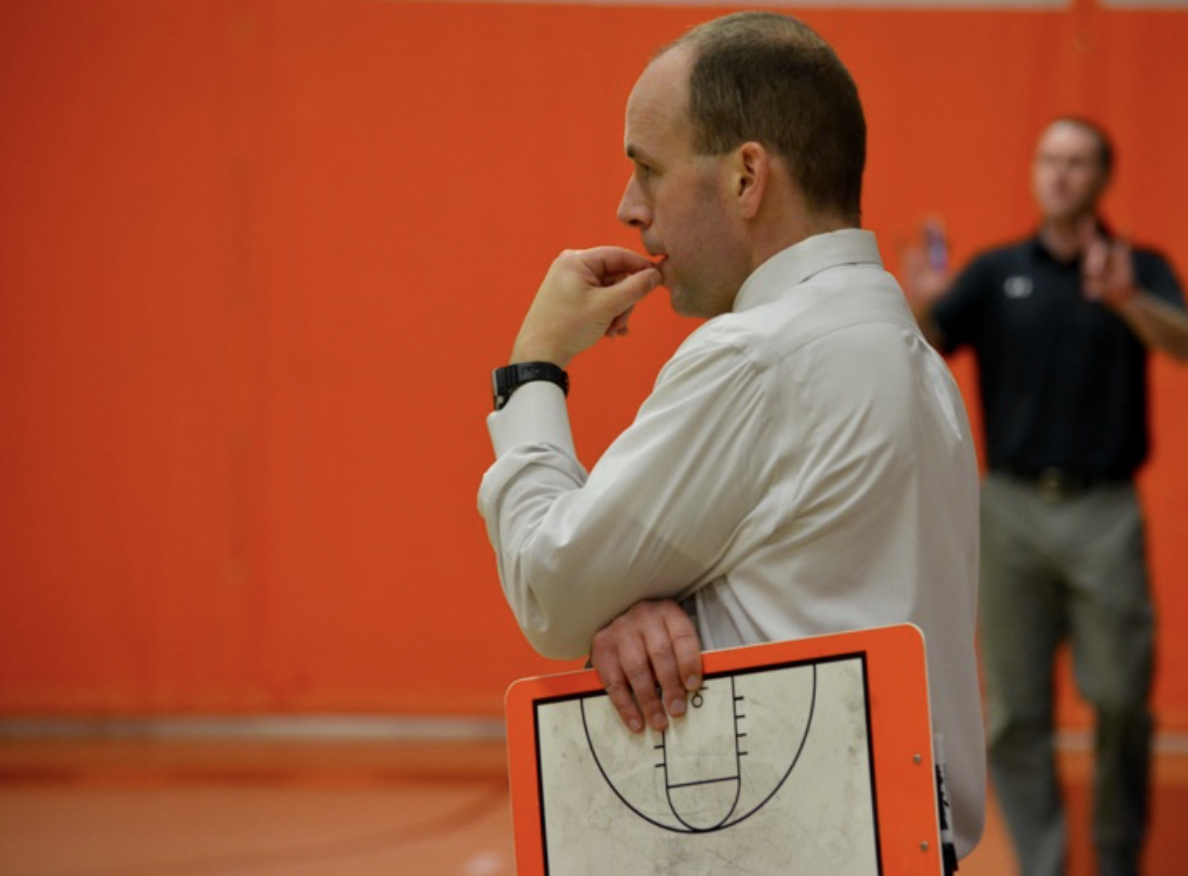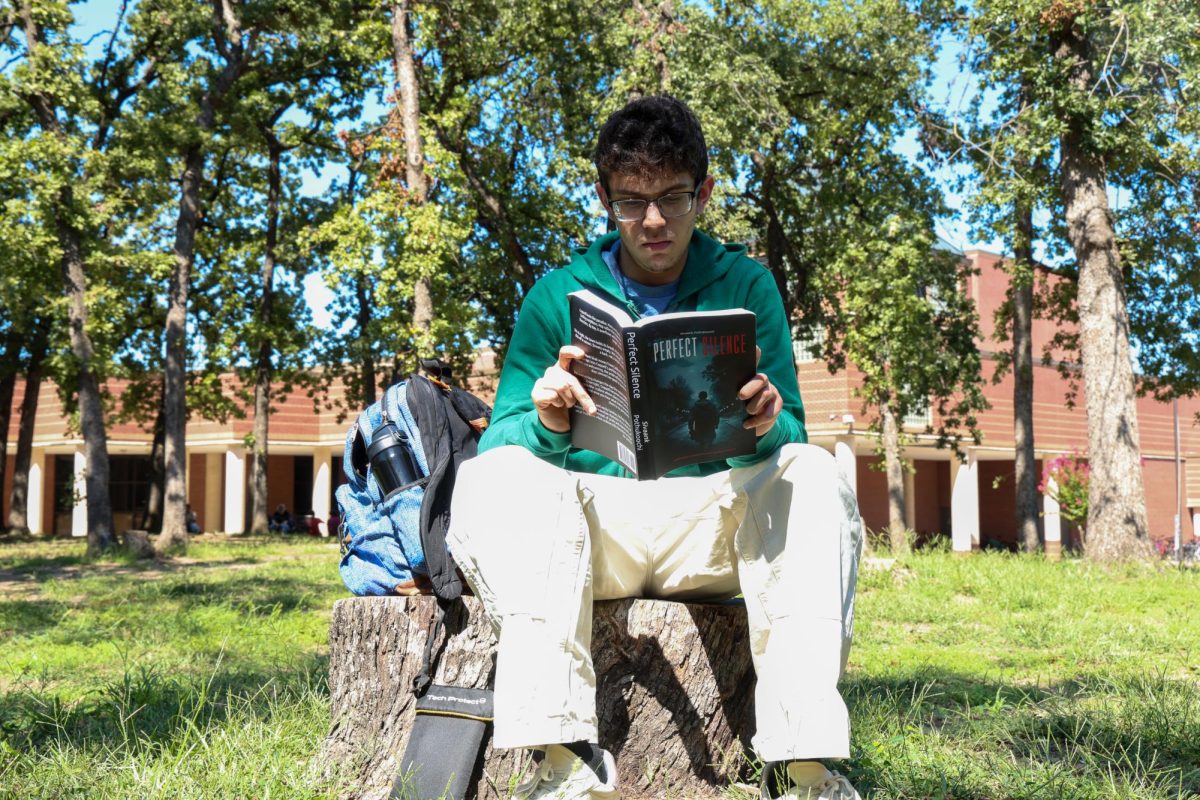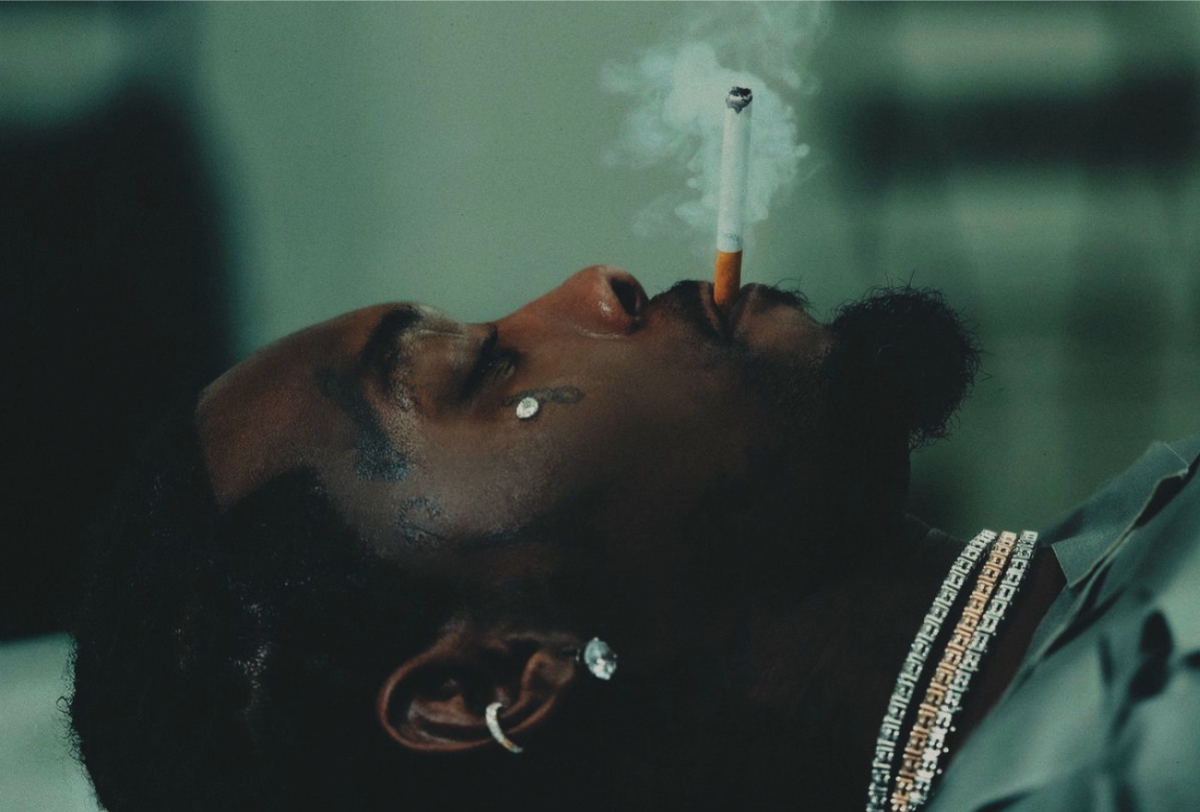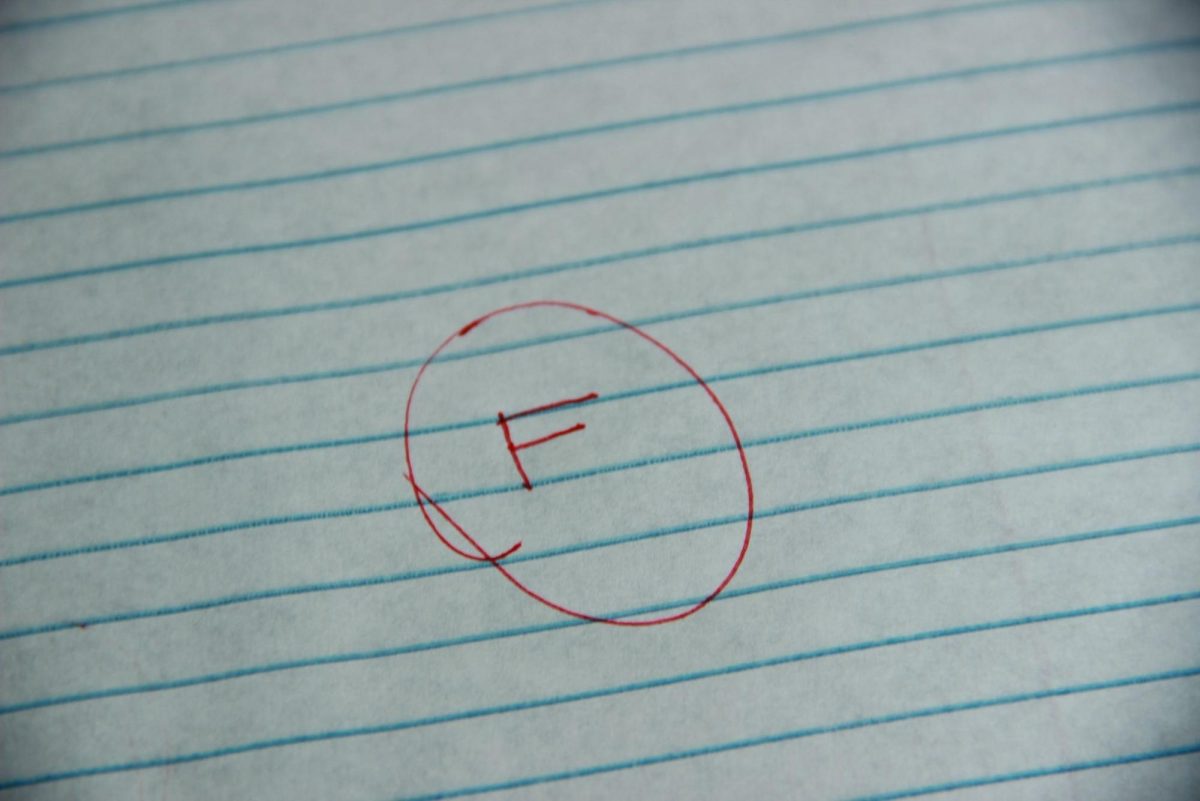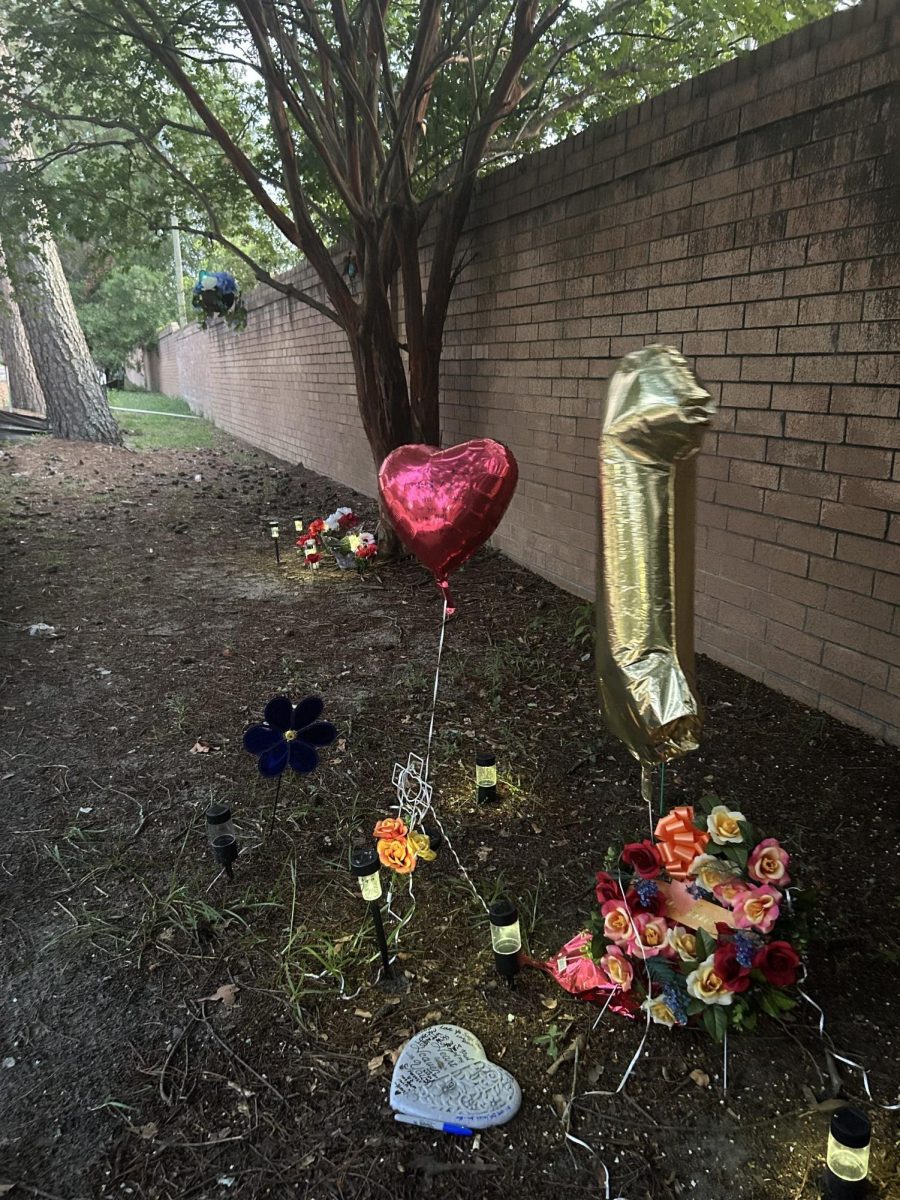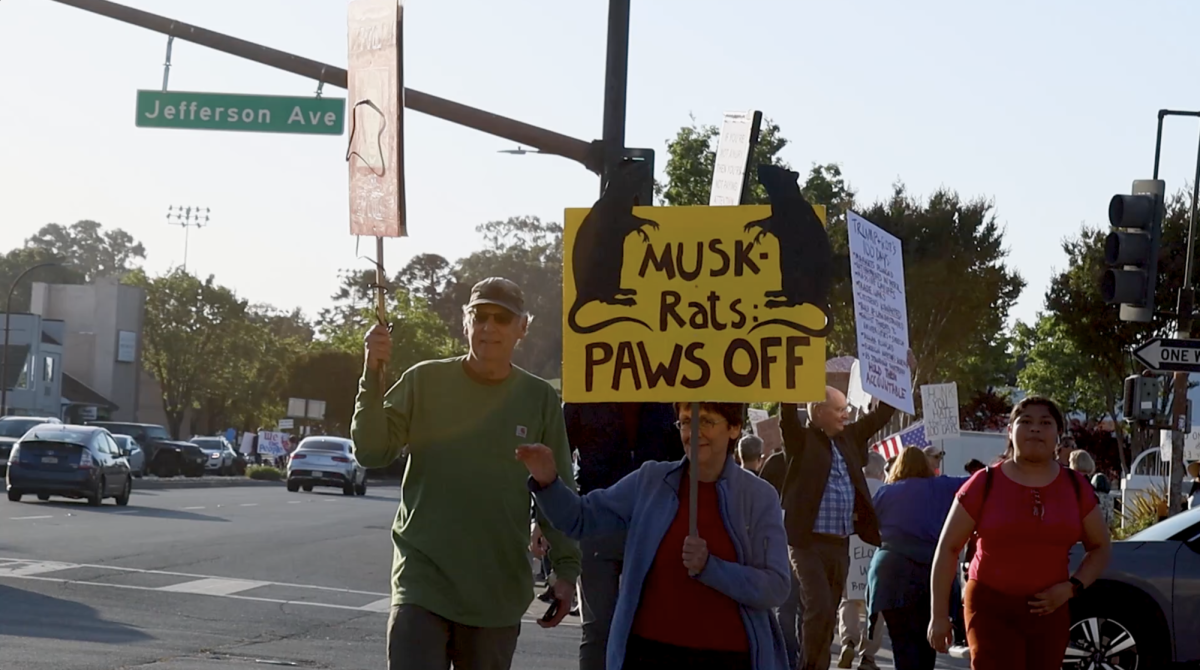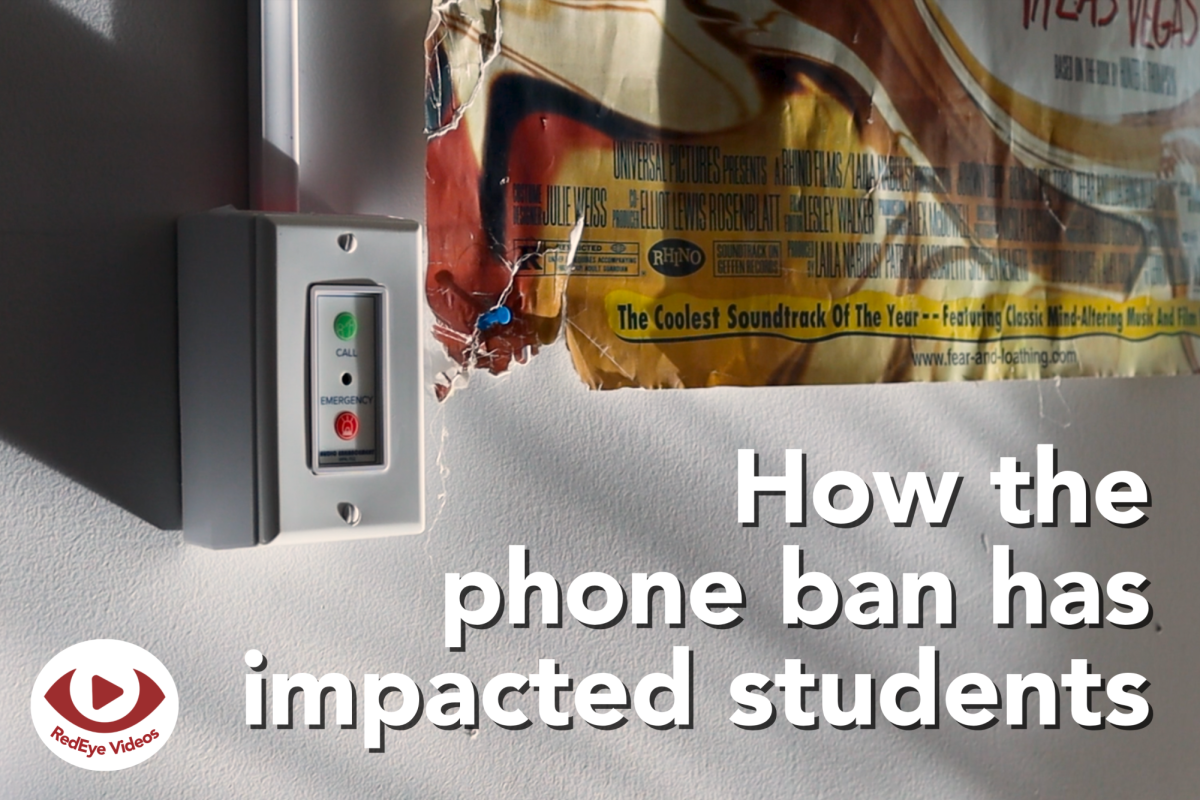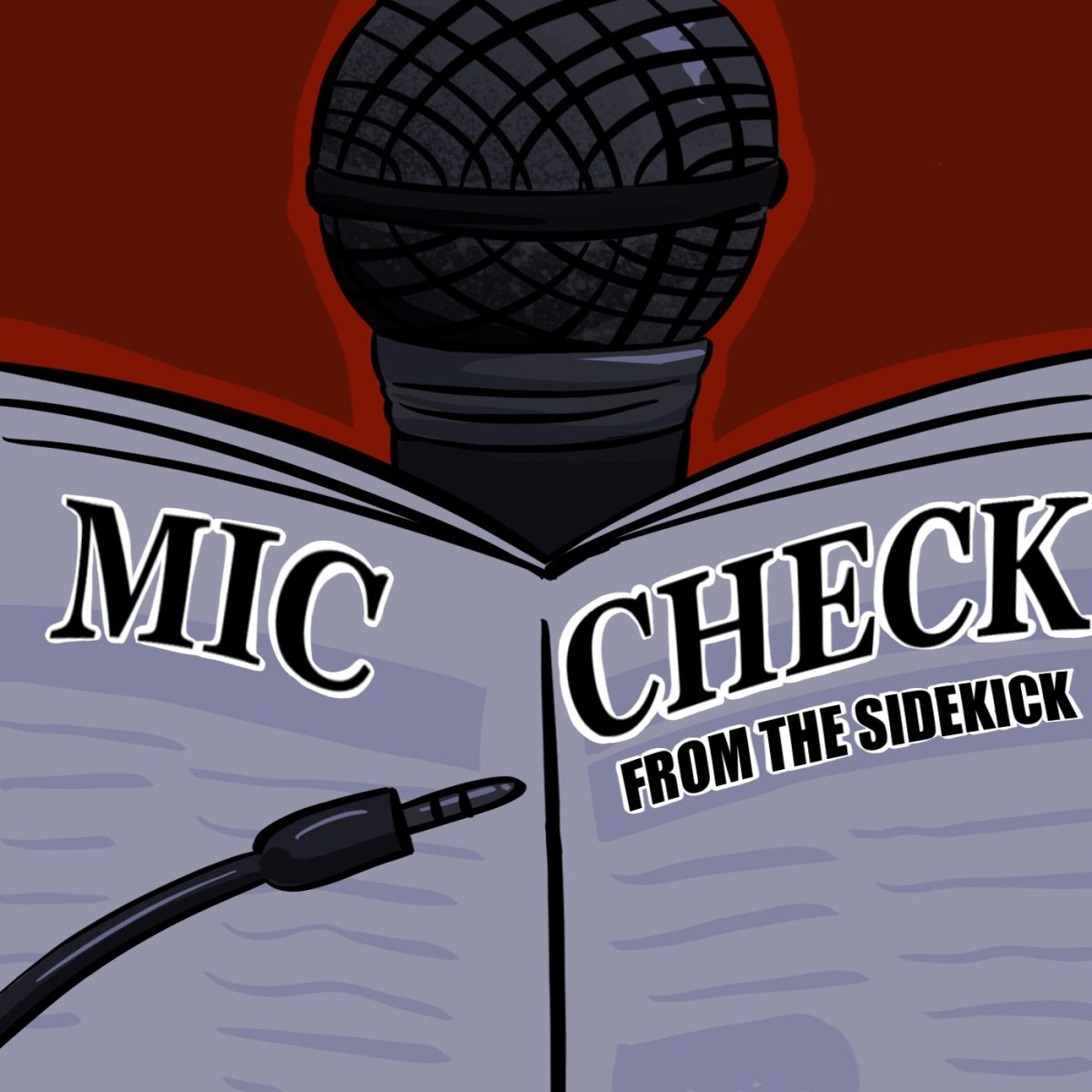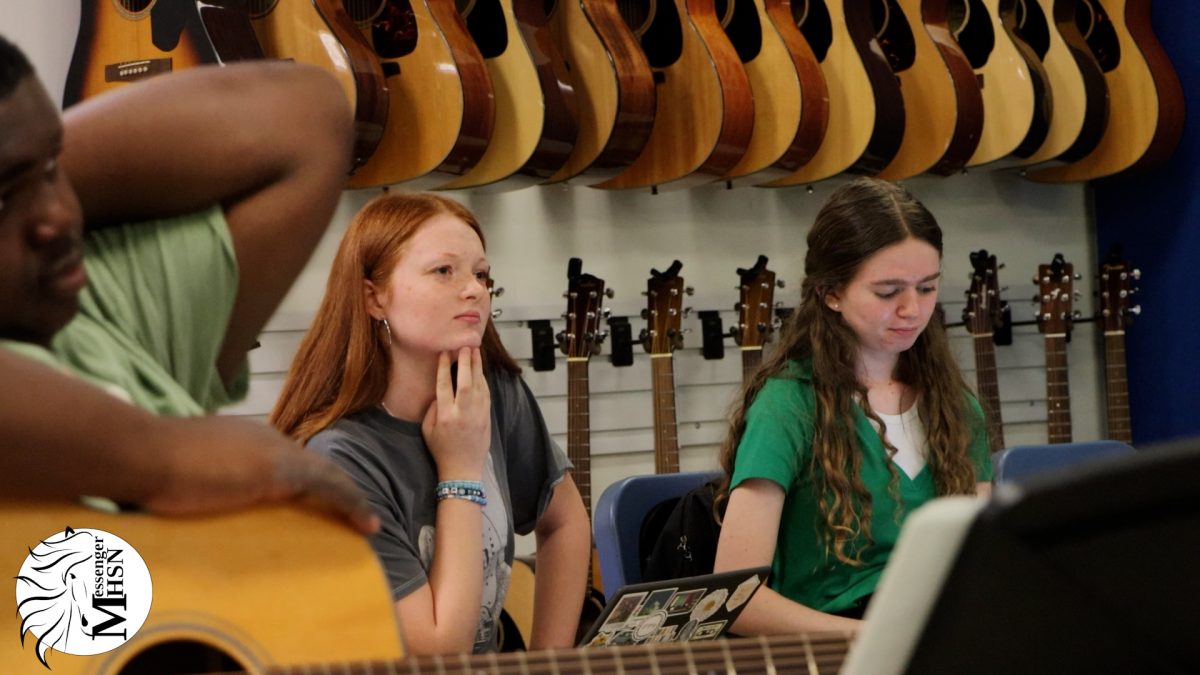A television screen at the Laugh Factory malfunctioned while attempting to show the return monologue from “Jimmy Kimmel Live!” Tuesday, Sept. 23. As staff worked to resolve the issue, an audience member yelled, “No wonder they aren’t screening it — this place uses Sinclair Broadcasting.”
ABC’s sudden suspension of Jimmy Kimmel Live! has triggered a national debate over censorship and whether corporate interests are undermining the First Amendment. The controversy began Thursday, Sept. 11, when Jimmy Kimmel opened his monologue by addressing the shooting of conservative activist Charlie Kirk. He criticized President Donald Trump’s reaction to the shooting and said Trump supporters are trying to distance themselves from the accused shooter, Tyler Robinson.
“The [Make American Great Again] gang [is] desperately trying to characterize this kid who murdered Charlie Kirk as anything other than one of them,” Kimmel said. “And doing everything they can to score political points from it.”
Federal Communications Commission Chairman Brendan Carr criticized Kimmel’s comments, calling them “truly sick.” According to WIRED, Carr “threatened action” during Turning Point USA contributor Benny Johnson’s podcast Monday, Sept. 15.
“We can do this the easy way or the hard way,” Carr said. “These companies can find ways to change conduct to take action, frankly, on Kimmel, or there’s going to be additional work for the FCC ahead.”
ABC affiliate Nexstar began to pursue a $6 billion merger with Tegna in August that required FCC approval. Nexstar pressured ABC before the network’s parent company, Disney, announced it was suspending Kimmel’s show. Soon after, affiliates such as Nexstar and Sinclair dropped the program just before a new taping Wednesday, Sept. 17, when ABC announced the show would be suspended “indefinitely.”
After Disney reported $4.99 billion in losses amid a wave of Disney+ subscription cancellations, Kimmel returned to the air less than a week after his initial suspension. Kimmel opened his monologue by addressing his comments, saying that “it was never my intention to make light of the murder of a young man,” and reiterated his First Amendment rights.
“This show is not important,” Kimmel said during his opening monologue. “What’s important is that we get to live in a country that allows us to have a show like this.”
Professional comedian and friend of Kimmel Chris Spencer organized a special screening of his first monologue back at the Laugh Factory, where fellow comedians gathered to show their support.
“I thought it was a done deal. When I saw that ABC lost [$4.99 billion], I thought, ‘They may try to get him back,'” Spencer said. “It’s astronomical to lose that — it lets you know how much power we have as the people.”
Kimmel’s comments sparked outrage among conservative figures, including Trump. In a press conference Friday, Sept. 19, he attributed the suspension to “lack of talent.”
“He said a horrible thing about a great gentleman called Charlie Kirk, and Jimmy Kimmel is not a talented person,” Trump said. “He had very bad ratings, and they should have fired him a long time ago — so you can call that free speech or not, [but] he was fired for lack of talent.”
Head of Scholastic Journalism Kristin Taylor said this suspension was complex. She explained that the FCC does have the legal authority to enforce decency standards on broadcast television, but those typically cover profanity or explicit content — not political speech.
“I’m worried about the chilling effect this can have on academic discourse. Not just discourse in the media, or discourse on television, but allowing our students and our teachers to have honest, authentic conversations about current events and how they relate to things like free speech,” Taylor said. “I would be just as upset if the FCC were asking a right-wing conservative host to be suspended because they were saying things criticizing the president.”
Some comedians said the suspension felt personally concerning. Professional comedian and actor Maz Jobrani, who was a part of the “Axis of Evil” comedy group on Comedy Central, said he was appalled by the suspension in an interview with The Oracle.
“I was shocked,” Jobrani said. “I watched the clip over and over and thought, ‘This is not offensive.’ Either people misinterpreted it, or they had sinister intentions. Brendan Carr is smart enough to know what Kimmel meant. We know Kimmel was on Trump’s hit list, so Carr was just looking for an excuse.”
Taylor said Kimmel’s suspension raises difficult First Amendment questions and that she is actively addressing current free speech debates in her class curriculum.
“[On] Disney, for example — if a star said something or if a program does something that they decide is outside of their company’s values, they always have the right to fire that person, because they’re private, that’s not a First Amendment issue,” Taylor said. “The difference here is they were getting pressure directly from the FCC based on what Kimmel said. If you look at the content of what he said, it wasn’t more extreme than what has been said on a lot of network channels that have dissenting views.”
In late July, The Late Show with Stephen Colbert announced its cancellation with the show scheduled to go off air in May 2026. CBS issued a statement that said the cancellation is due to financial pressures, but many speculate that the cancellation is due to Colbert’s constant criticism of Trump.
Colbert defended Kimmel during his show monologue Thursday, Sept. 18 and said Carr’s “comments sure seem like marching orders.”
Jobrani, who was born in Tehran, Iran, said he is concerned that the United States may drift toward authoritarianism.
“Everybody, whether you’re on the right or the left, should be concerned about this,” Jobrani said. “We are slowly slipping into an authoritarian regime. Free speech — comedians being able to say what they want — is one of the things that protects us.”
Junior Charlotte Joe said the suspension raises questions about double standards when it comes to political commentary. Joe compared typically conservative to liberal entertainment and news sources, often with Trump targeting liberal points of view.
“Fox News says their own opinions all the time, so I don’t understand why Jimmy Kimmel can’t be on air,” Joe said.
According to the New York Times, the political landscape has “unquestionably shifted for comics and hosts” during the Trump administration. Spencer said comedians have a special stake in free speech because of the boundary-pushing nature of their job.
“People look for us to go there. We say the things that people think, and then also the unimaginable,” Spencer said. “It allows regular audience people to go, ‘That was kind of shocking, but I disagree or agree with it, and I appreciate you being that voice to tell me your opinion.’ The FCC has no business in our business, or in show business.”
Both Spencer and Jobrani said they have noticed a shift in censorship under the current Trump administration.
“There was a time when I said the word ‘Trump,’ everybody would be prepared for a laugh. Then, after a while, I would say ‘Trump’ and then only a couple of people would laugh. Now, I say the word ‘Trump,’ and the whole room is scared to death as if he walked in with police armed security to arrest anybody who laughs at him,” Spencer said. “It’s really sad.”
The potential cancellation of Kimmel’s show also raised concerns about jobs for those working behind the scenes. Comedian and attendee Alex Thomas underscored the stakes in an interview with The Oracle.
“This is an art form. I get that this is the new generation and AI has taken over,” Thomas said. “For us, if you swipe us of our First Amendment rights, you may as well put us on the unemployment line.”

Taylor said the Kimmel suspension sets a dangerous precedent for free speech.
“It’s not about whether or not I agree with what Kimmel said. It’s not about how I feel about the Charlie Kirk shooting,” Taylor said. “Ultimately, it’s that I believe if our democracy is going to be successful, we have to allow people to dissent [and] to speak out against whatever political group is in power without consequences.”
Spencer and Jobrani signed petitions to put the Kimmel show back on the air and are actively speaking out about the situation on social media. Jobrani said that comedians are unlikely to be intimidated into silence.
“Comedians are just the class clown. It’s in your veins, you want to make fun of power, you want to make fun of everything,” Jobrani said. “And so unless we really keep going deeper and deeper into authoritarianism, where we do end up like a North Korea or a Russia, I don’t imagine the comedians will stop making fun of Trump.”
Taylor said the balancing act of teaching honestly about current events while respecting the wide range of beliefs her students bring into the classroom often feels fraught. In her 29 years of teaching, she hasn’t had to address a censorship situation quite like Kimmel’s.
“I don’t want to alienate students and families who support President Trump, but I also can’t stay silent about things like political speech being stifled,” Taylor said. “I feel every day like I’m walking a tightrope, where I’m trying to let students know that I’m not judging them or their families, for their political views, even if I have different ones — but also making sure that I’m standing up for things I believe in when it comes to these big questions.”
This story was originally published on The Oracle on September 26, 2025.

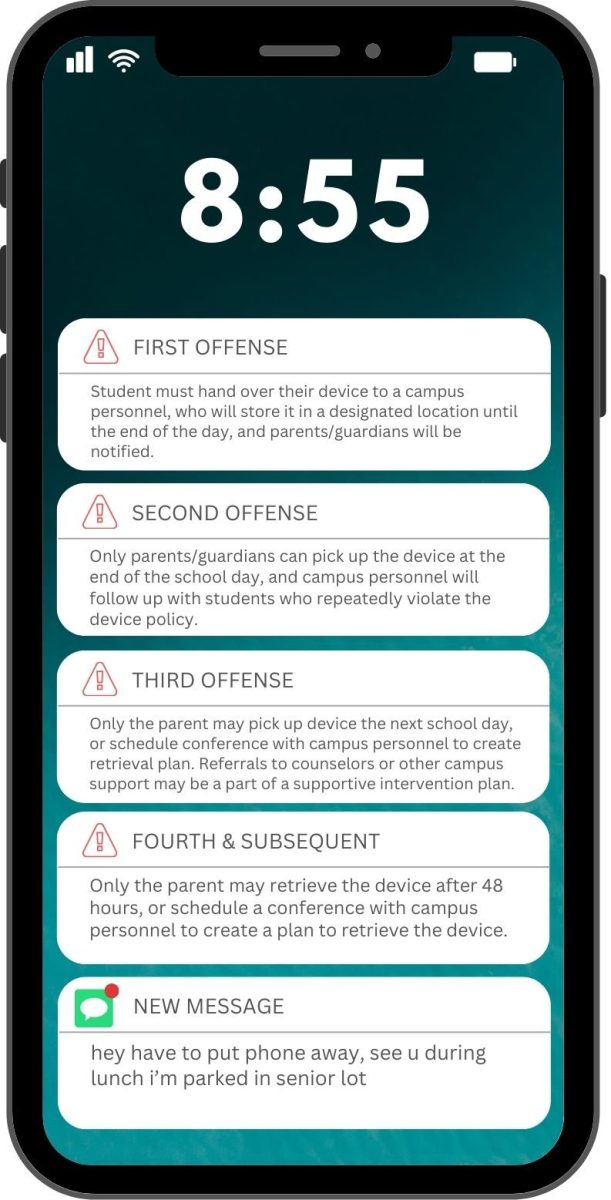
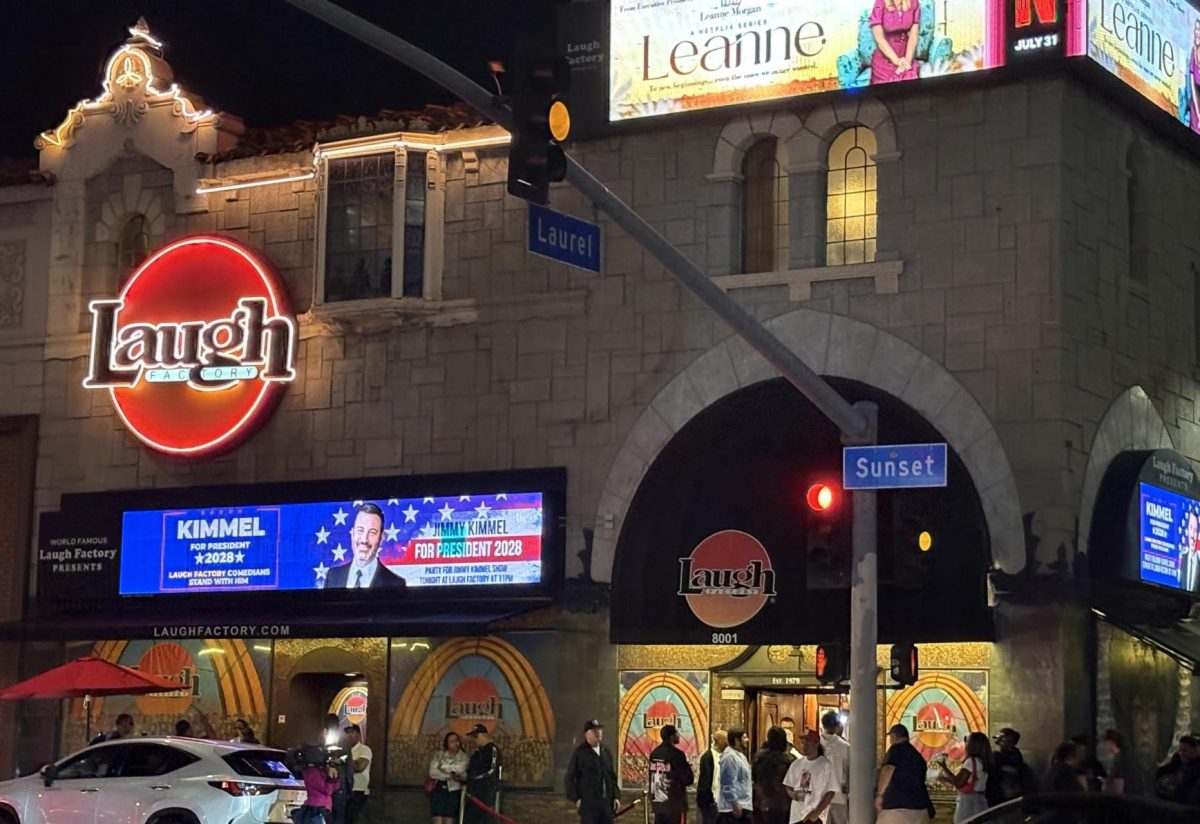
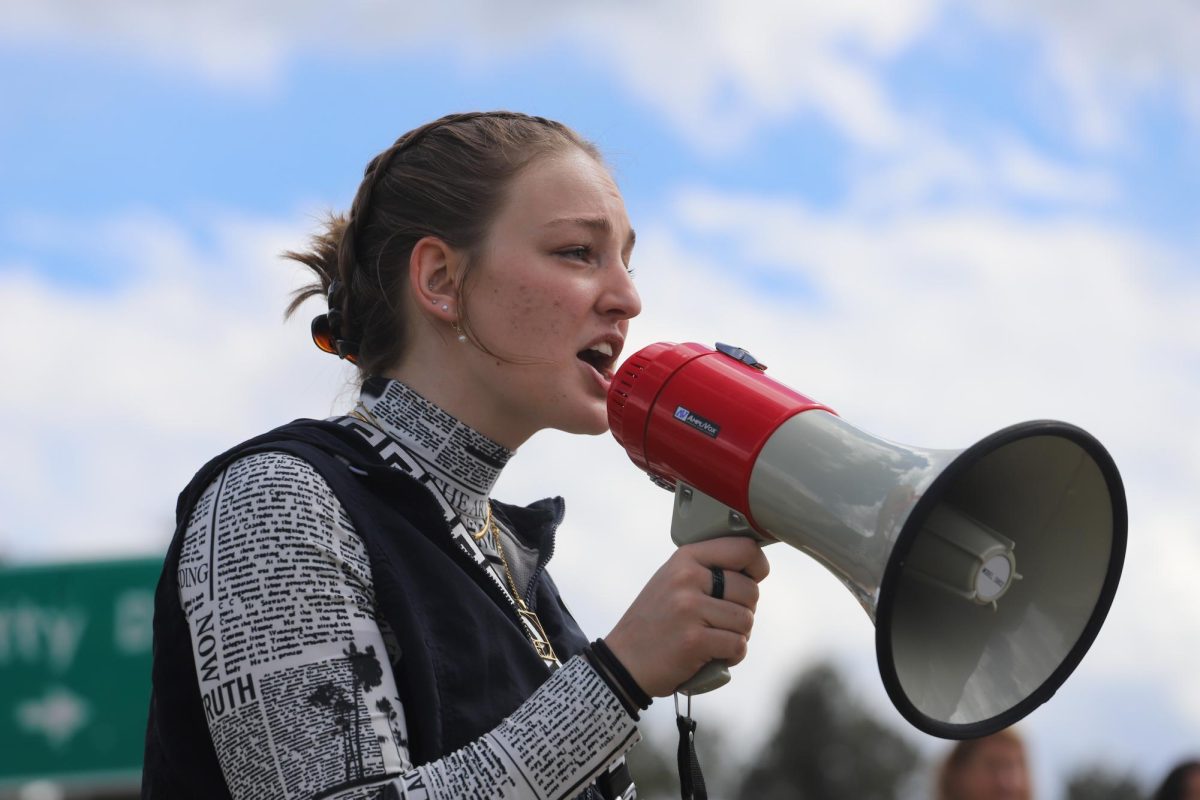
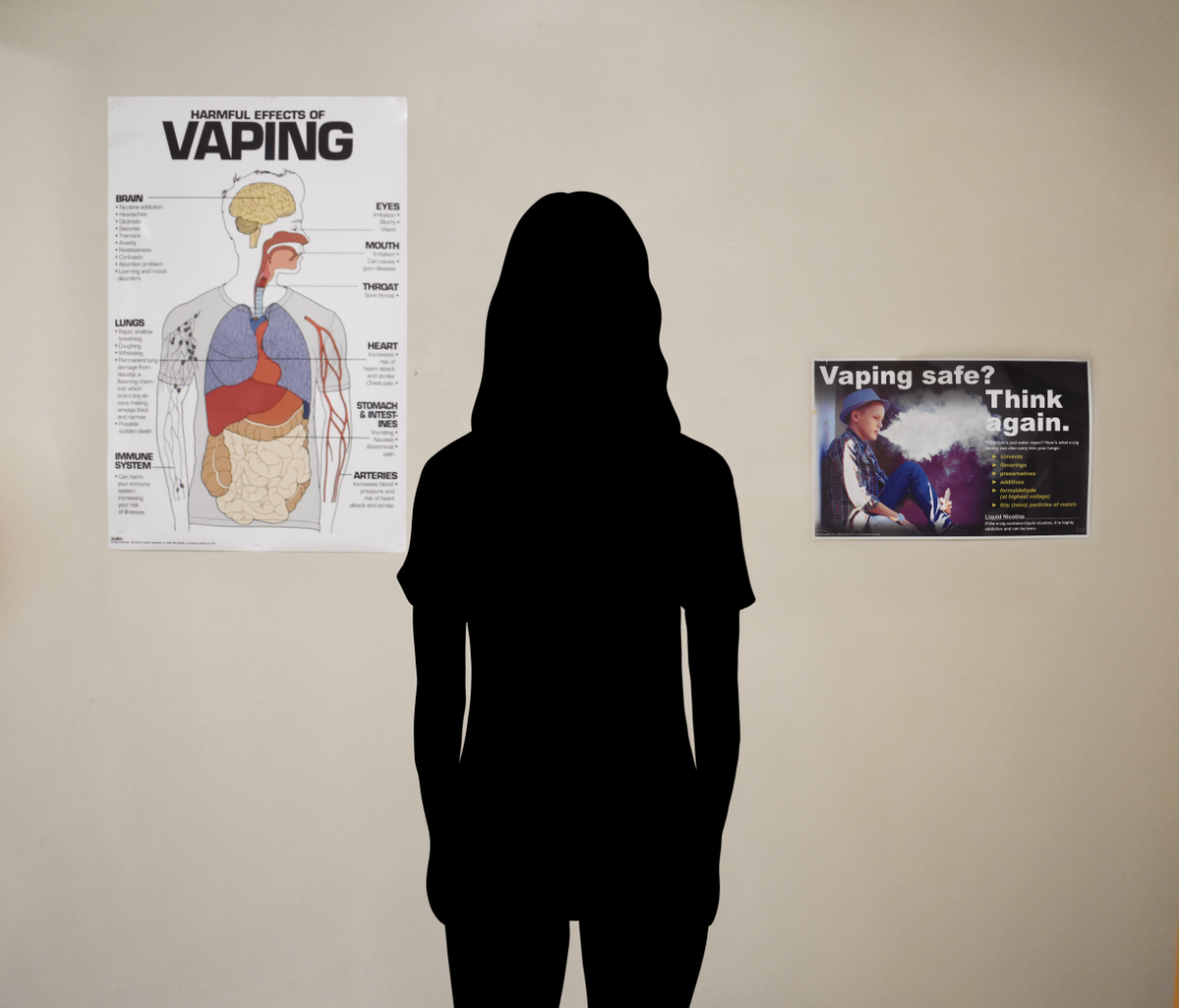

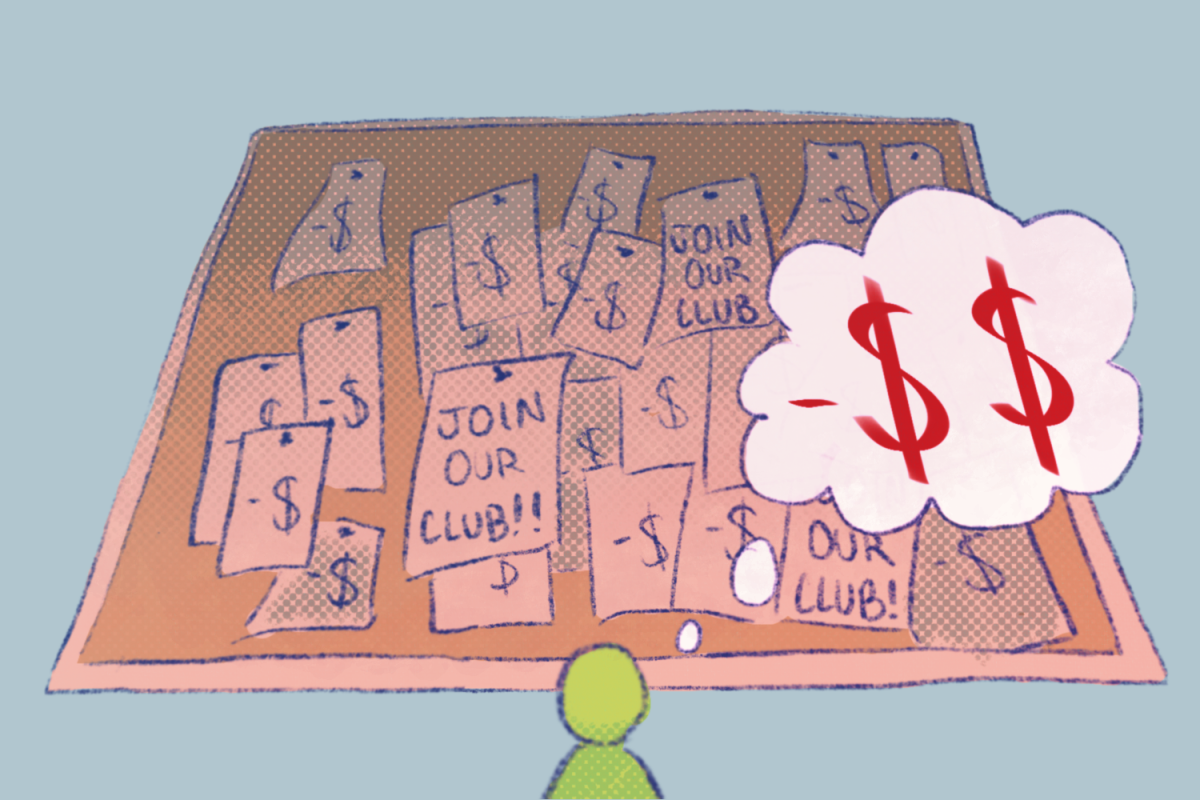
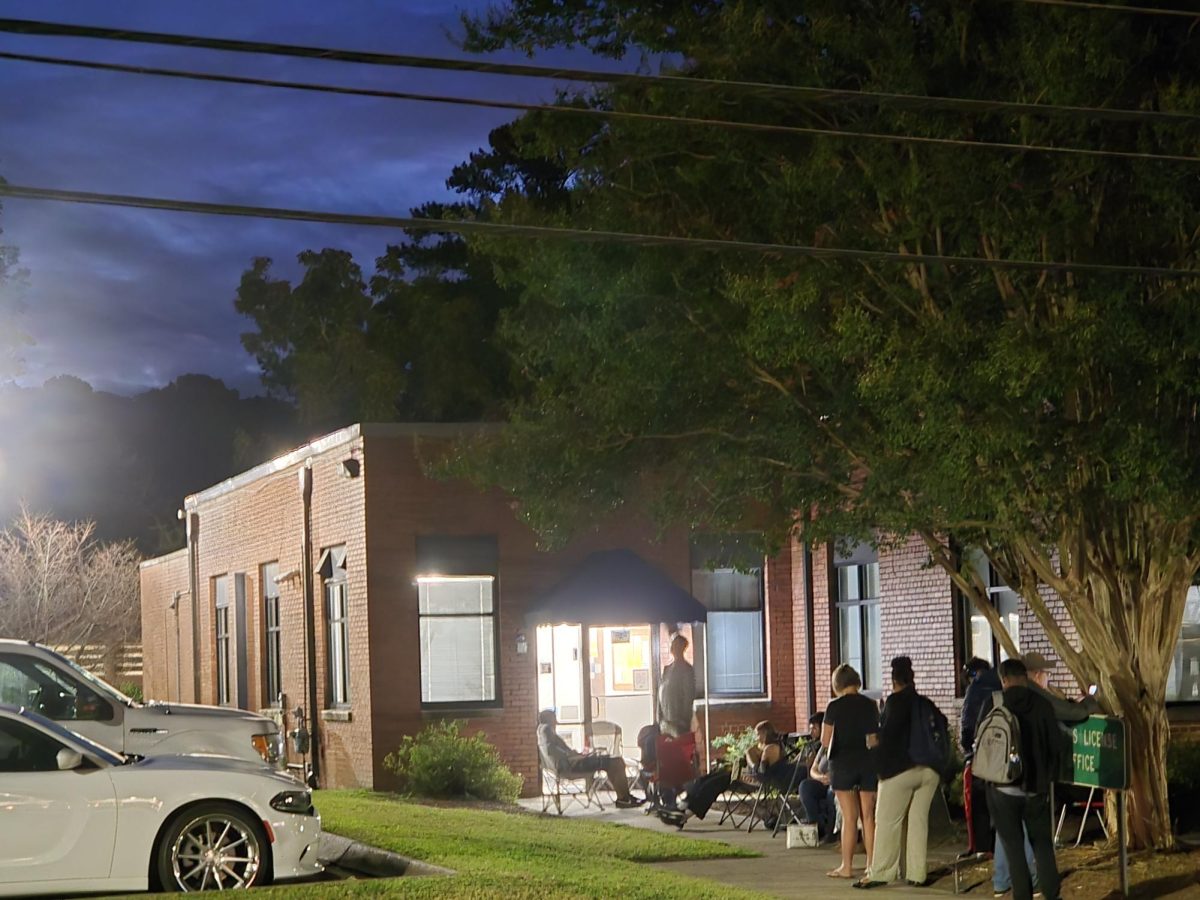



![SETTING THE STANDARD: Mater Dei High School and Playfly Sports announced its historic media partnership in the spring of 2025. As Mater Dei Athletics continues to achieve new heights, Playfly will introduce new partnerships and sponsors for these programs. With the added revenue and resources, Mater Dei can improve the high school experience for all students, while engaging the community in a showcase of Monarch pride. “[This partnership is designed] to increase the experience that our athletes and our non-student athletes have with the [athletic] programs,” Melvin said. “School spirit, engagement, and pride are all things we [keep in mind].” Photo taken by Kenzington Ragge.](https://bestofsno.com/wp-content/uploads/2025/09/IMG_0237.jpeg)
